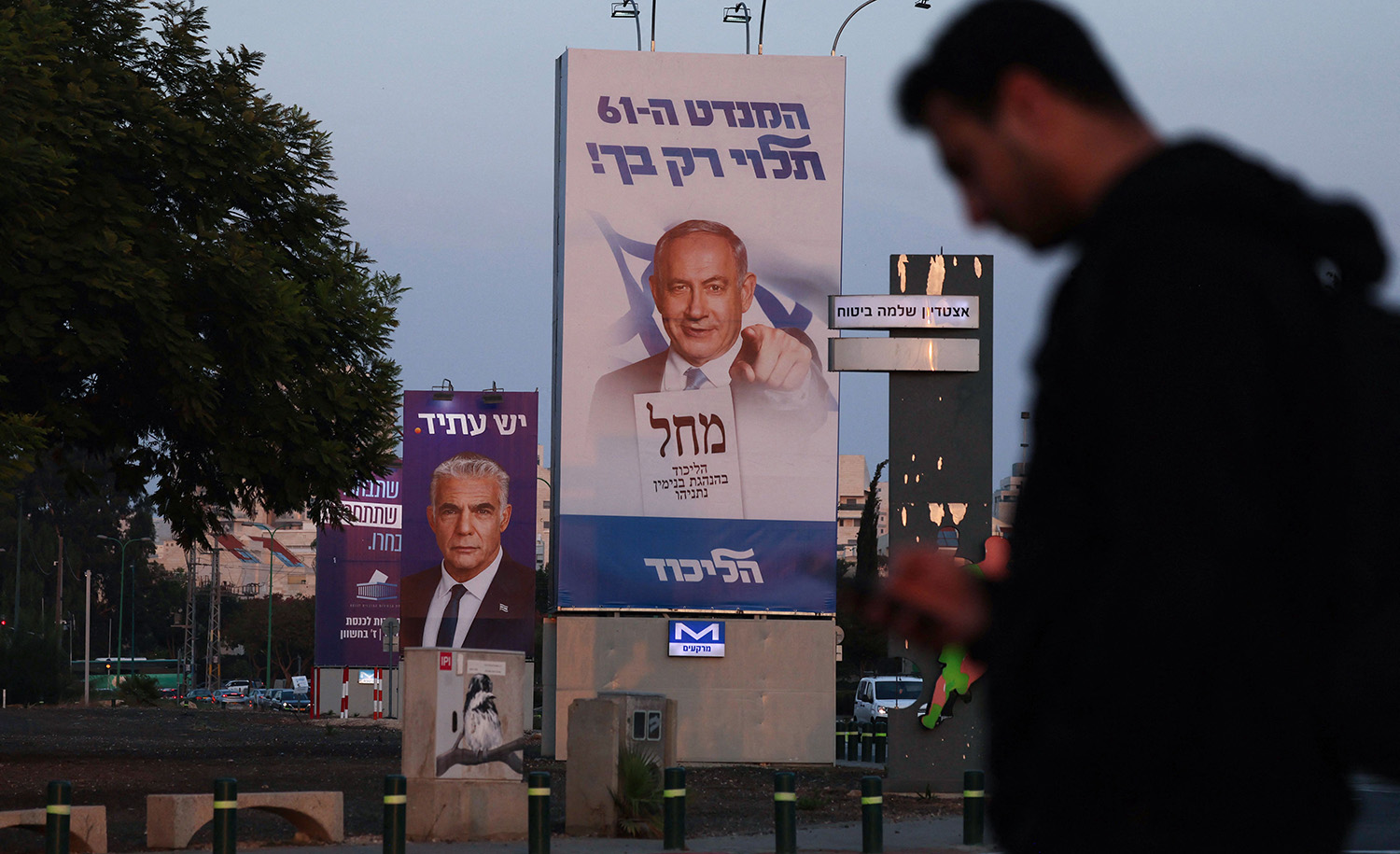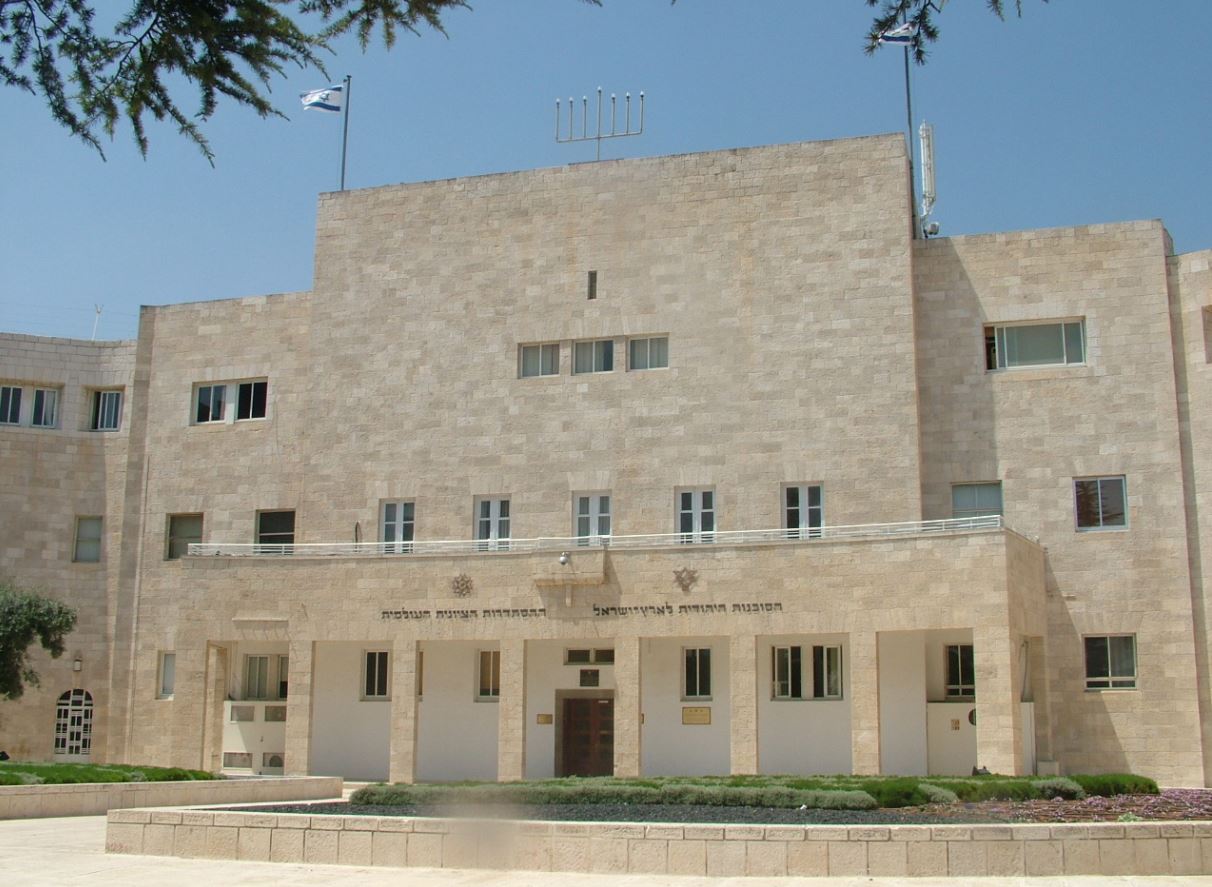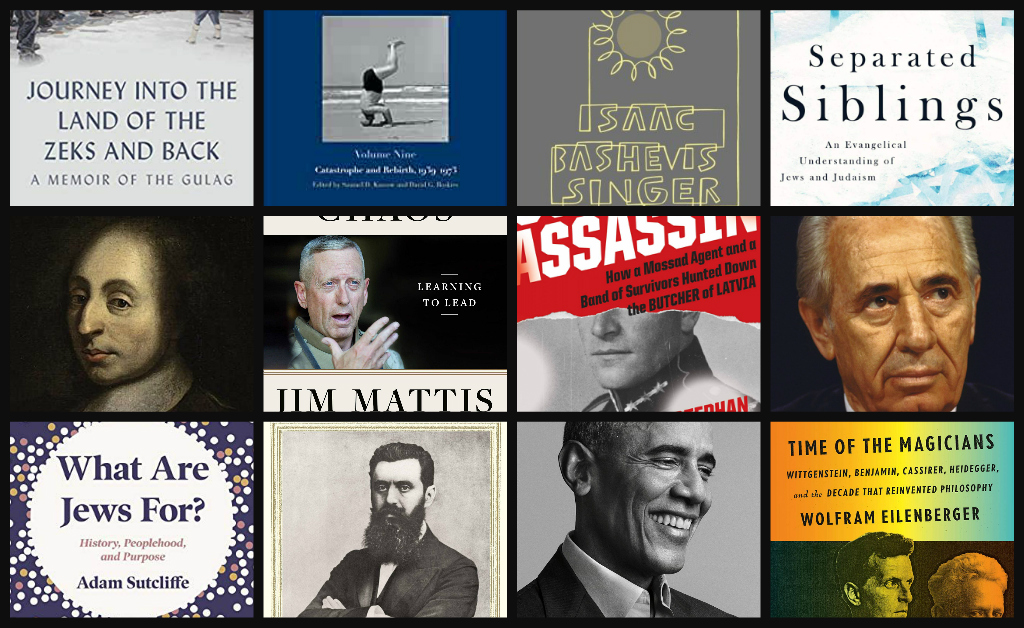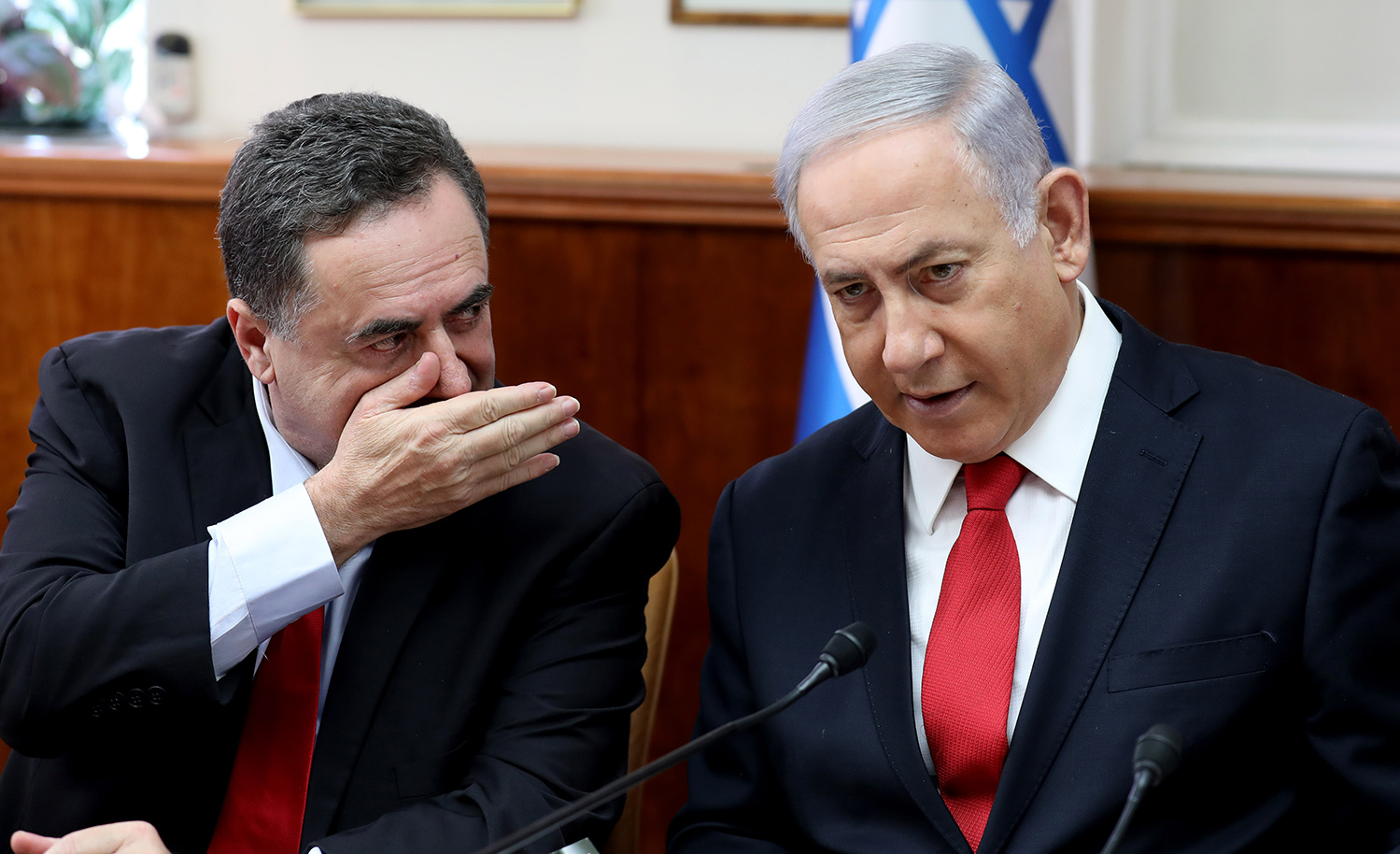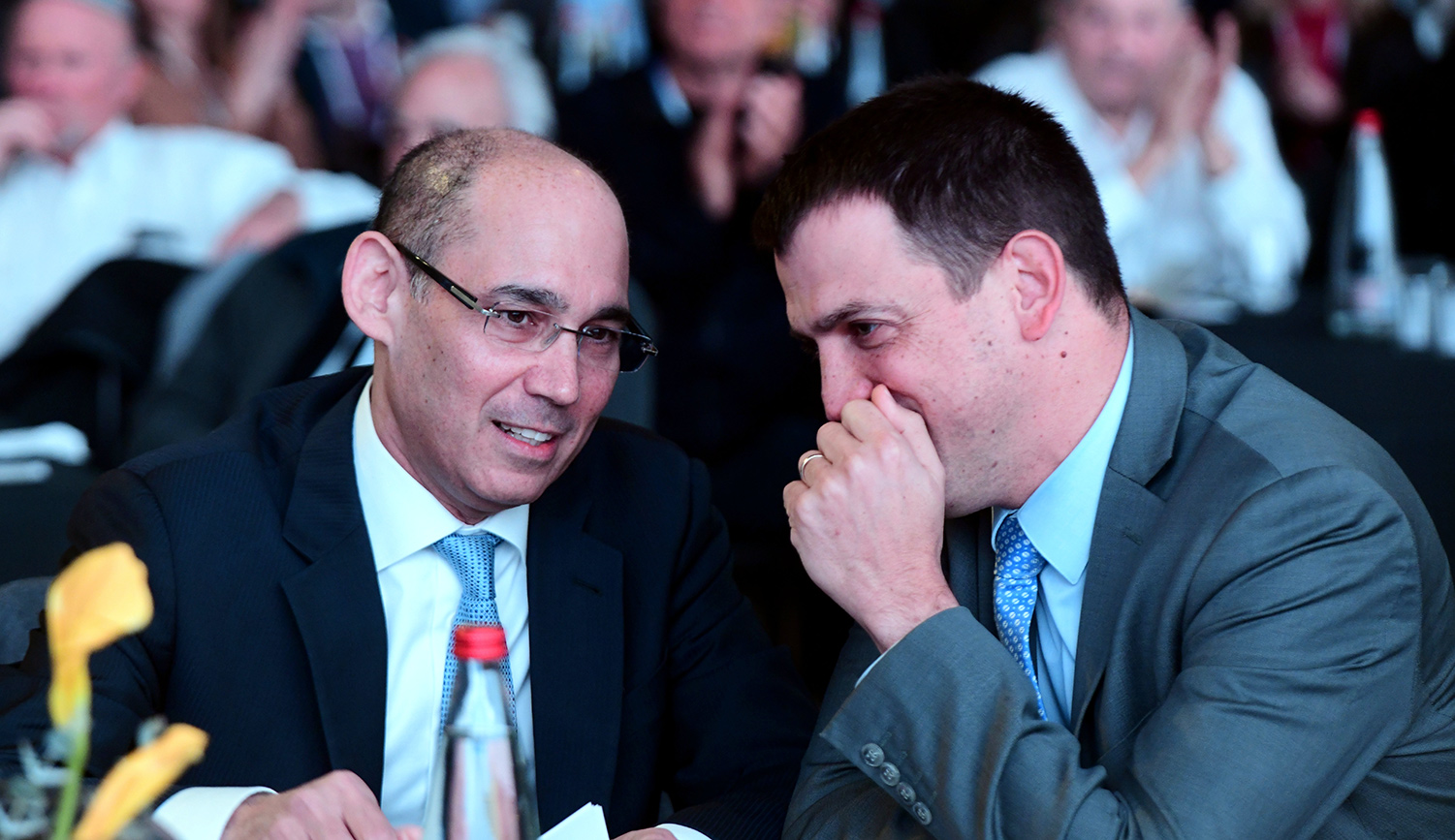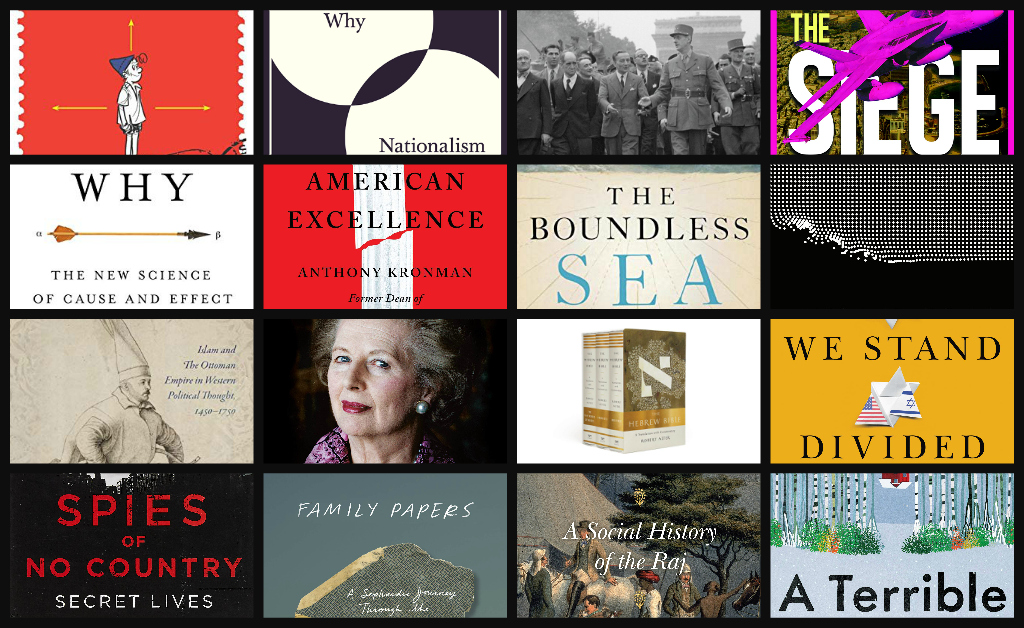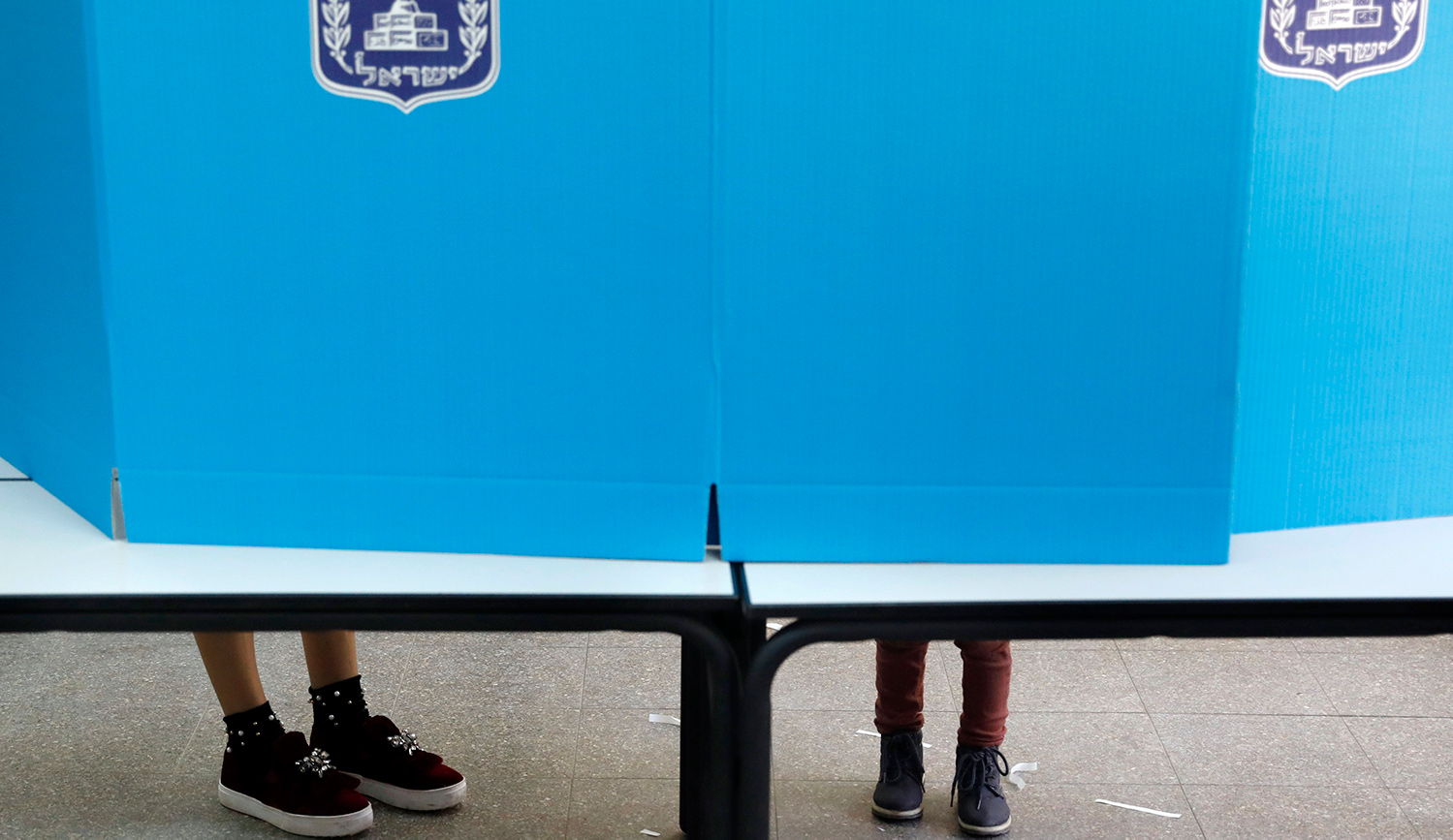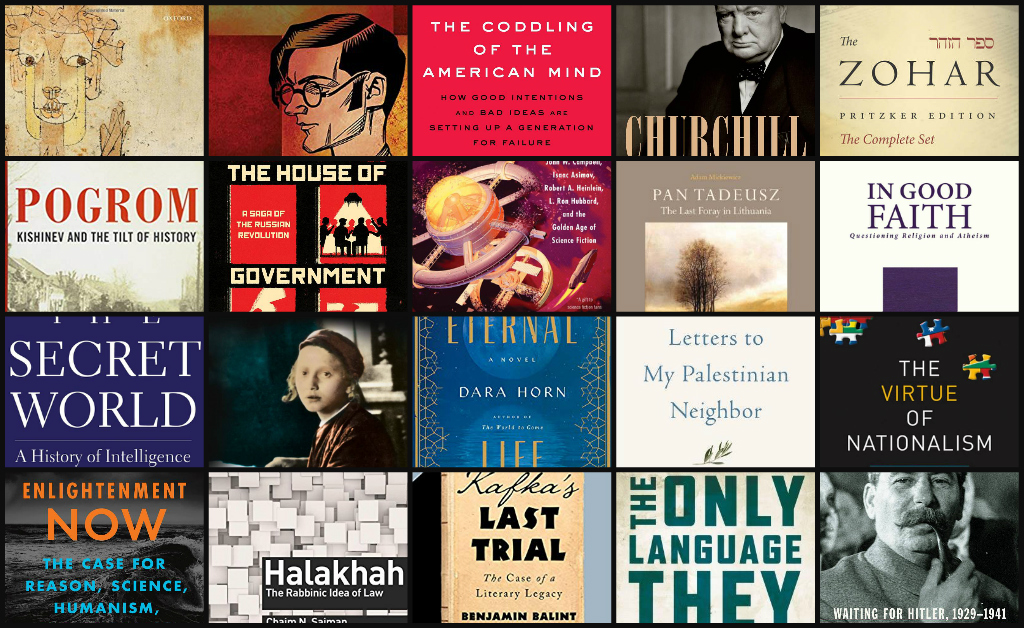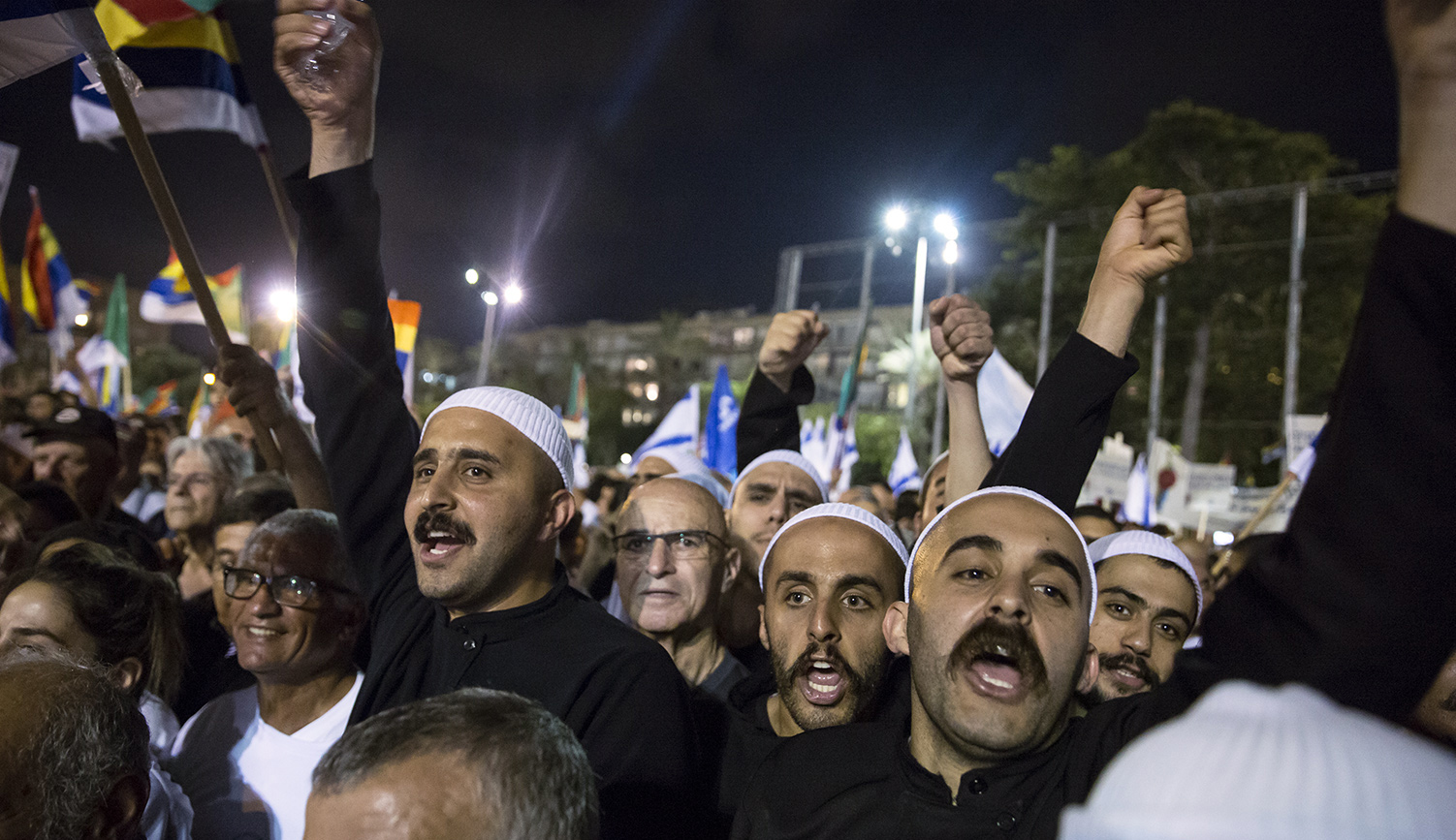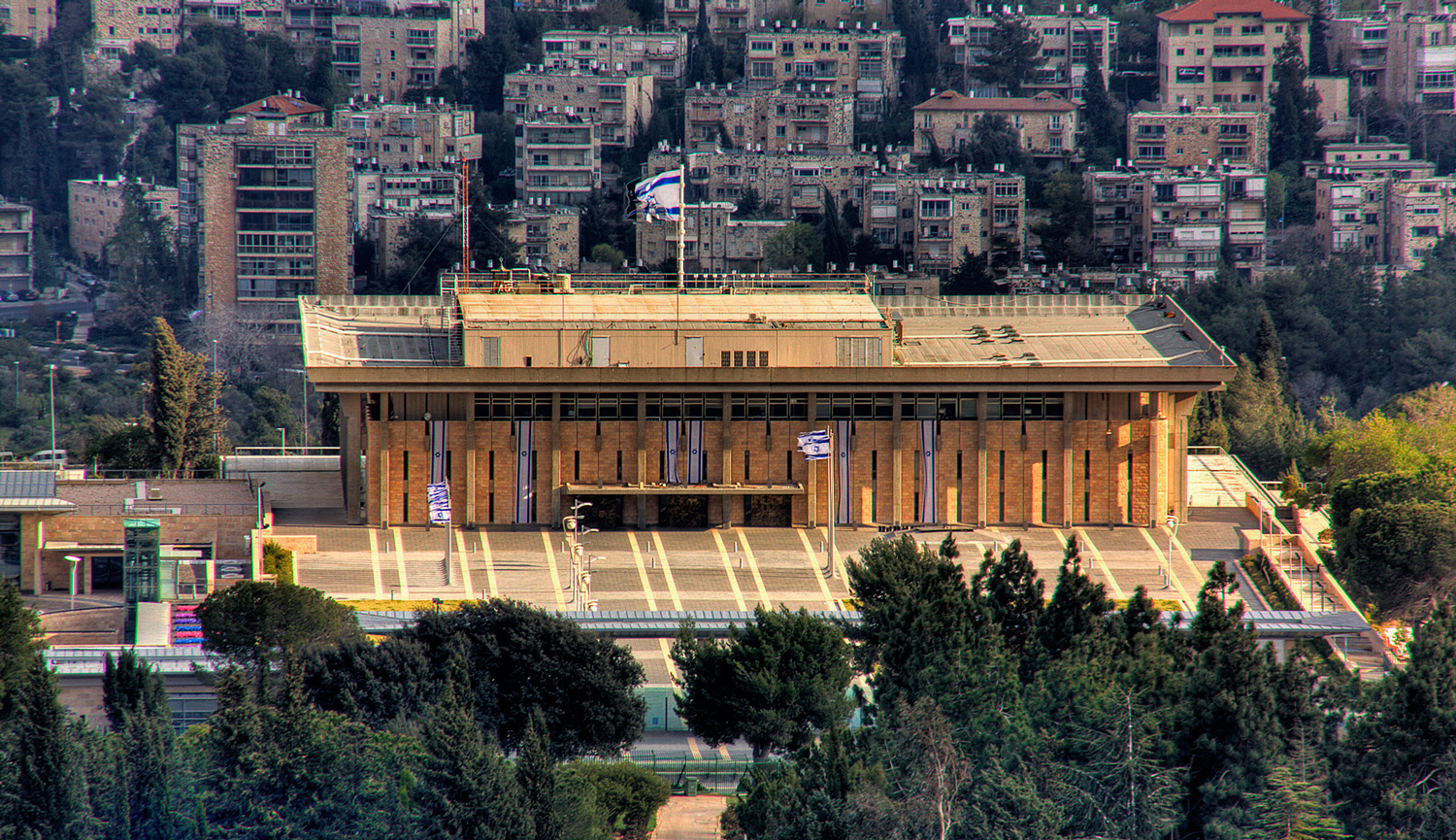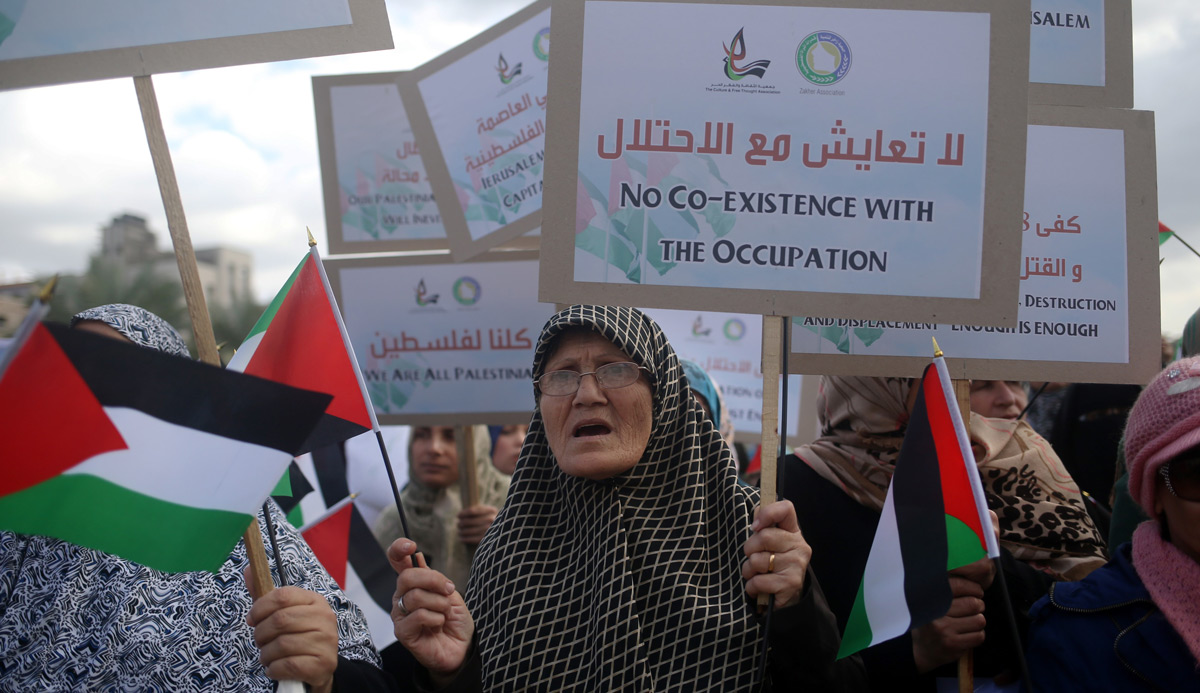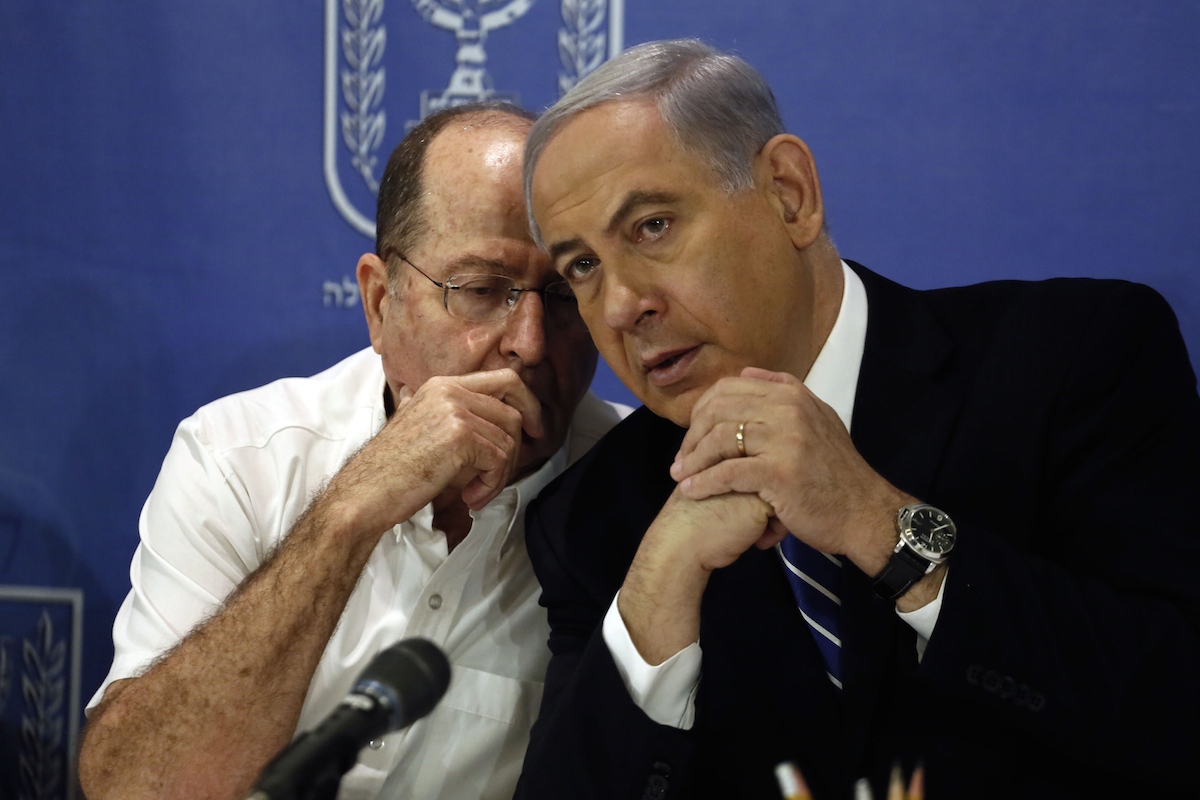Haviv Rettig Gur
Haviv Rettig Gur is the senior analyst for the Times of Israel.
Podcast: Haviv Rettig Gur on Netanyahu, Lapid, and Another Israeli Election
The Israeli political analyst joins us to talk about the upcoming election, and the tribal identities that play into it.
Podcast: Haviv Rettig Gur on the Jewish Agency in 2021
With the election of a new chairman happening soon, a former spokesman for the Jewish world’s biggest nonprofit joins us to examine its past and future.
The Best Books of 2020, Chosen by Mosaic Authors (Part II)
Five more of our regular writers pick several favorites each, featuring what Jews are for, magicians, assassins, call signs, chaos, separated siblings, and more.
If Israel's Politicians Shape up, the Bureaucracy Will Fall in Line
When push comes to shove, the politicians always win.
Podcast: Haviv Rettig Gur Talks Israel’s Deep State
The Israeli journalist joins us to talk about the group of people in his country who are responsible, and the group of people who because of them don’t have to be responsible.
Israel’s Deep State Is Undemocratic, Unaccountable, and Completely Indispensable
How does Israel keep functioning despite constant political turmoil? Meet the opaque group of unelected bureaucrats that the country’s politicians rely on to save it from themselves.
The Best Books of 2019, Chosen by Mosaic Authors (Part I)
Seven of our regular writers pick several favorites each, featuring sieges, spies, cultural revolutions, family papers, useful enemies, new fields of inquiry, and more.
Is Israel a House Divided?
Despite challenges to its electoral system, its prime minister, and its relations with Palestinian Arabs, the answer is no.
How and Why Israelis Vote
A primer on the state of play of Israeli politics, how Israel’s electoral system shapes (and warps) priorities, and why Netanyahu has reason to be worried about his new rival.
The Best Books of 2018, Chosen by Mosaic Authors
Letters, antidotes, eternal lives, outcasts, secret worlds, pogroms, and more.
What the Druze Know about Israel that Israeli Jews Have Forgotten
They’ve leveled a criticism at Israel’s new nation-state law that neither the right’s earnest patriotism nor the left’s moral anxiety seems equipped to answer.
Israel Is a Case Study in the Need for Humility in the Social Sciences
What if its rising Jewish birthrate—a wholly welcome but recent development—goes into decline?
The Problem Starts in the Knesset
Israel’s supreme court, and its overreaching and overactive judiciary in general, are not the cause but the symptom of a larger predicament.
How Palestinians' Vision of Israel Serves Palestinian Needs
Daniel Polisar’s findings suggest it is not only Westerners who reduce Palestinians to passive figurines, but Palestinians themselves.
Another Kind of Unity
Some nations are united by a strong founding document. Israelis have only themselves, and that has been enough.
Can the Unsustainable Be Sustained?
Israel's prime minister has indicated it might shelve the two-state solution. How would the world react, and how much would it matter?
O Pioneers!
Have Israeli Jews really lost their self-confident, forward-looking spirit?
